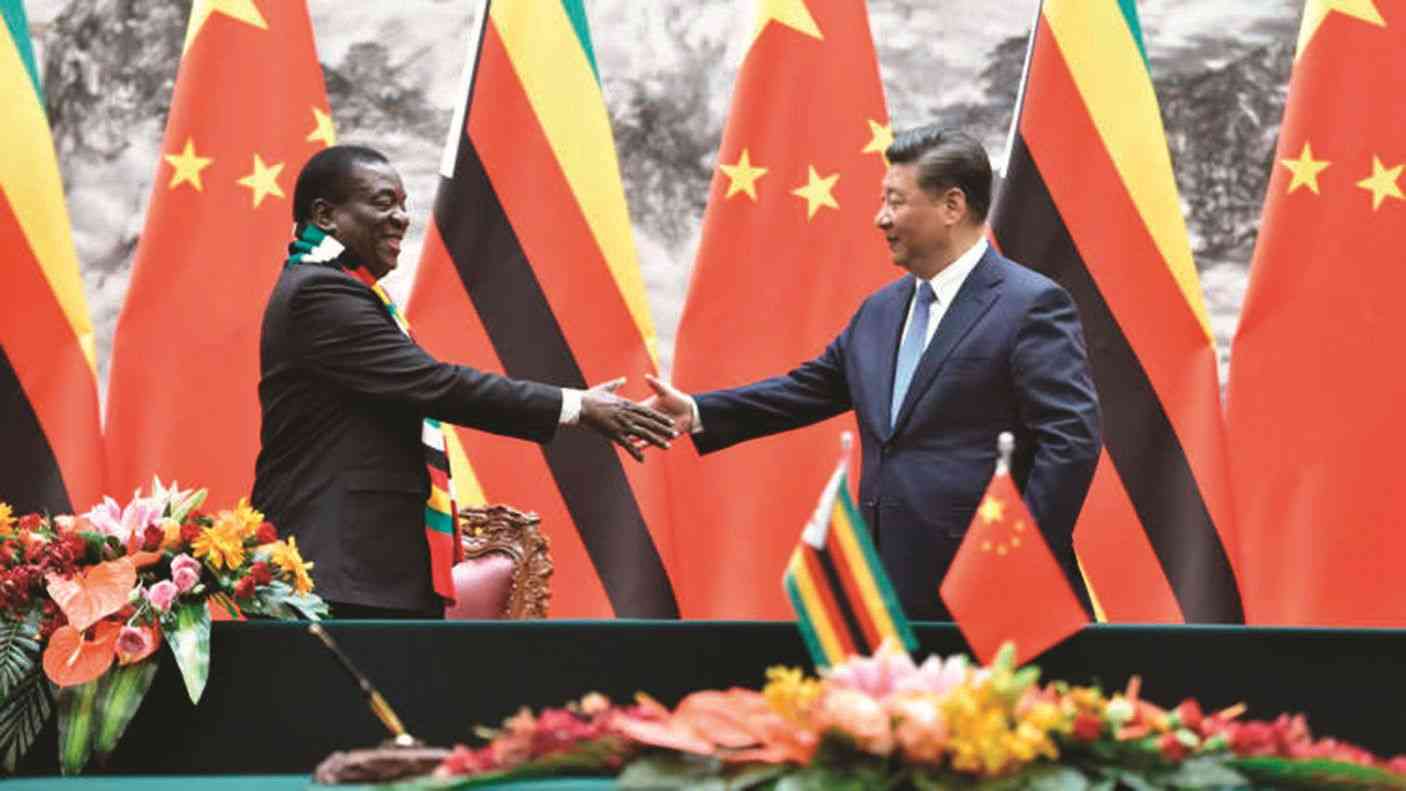
RECENT research has revealed that Zimbabwe has more than 35 000 registered civil society organisations (CSOs), including student unions, community-based, faith-based and sector specific organisations, among others.
With the significant number of civil society organisations (CSOs) in Zimbabwe, there should be a critical mass actively involved in scrutinising and monitoring the activities of Chinese actors in Zimbabwean communities.
As Chinese investments increase annually, and Zimbabwe remains heavily reliant on China as the largest source of foreign direct investments and loans, there is a risk of them becoming too powerful or feeling too powerful. Dependence on a single country for economic cooperation creates a potential for exploitation if not managed properly.
This article explores how CSOs can help strengthen Zimbabwe’s agency when engaging with Chinese actors. Although academics often dominate research, CSOs possess hands-on knowledge and are deeply embedded in communities.
They are well-positioned to address issues arising from increasing Chinese involvement in Zimbabwe’s socio-economic landscape. CSOs can effectively monitor and report on infractions such as environmental harm, labour rights violations, and other abuses linked to Chinese investments.
By collaborating with academics for data collection and dissemination, CSOs can ensure their findings are scientifically rigorous and bring critical issues to the attention of policymakers.
CSOs must transition from being mere voices of their communities to influencing policymakers and the legislature. Despite their long-standing involvement in advocacy, CSOs have not extensively focused on Zimbabwe-China engagements.
This is a niche they should exploit to ensure mutual benefits from these engagements. For example, there have been numerous complaints about the opacity of Zimbabwe-China agreements, highlighting a lack of transparency.
- The brains behind Matavire’s immortalisation
- Red Cross work remembered
- All set for inaugural job fair
- Community trailblazers: Dr Guramatunhu: A hard-driving achiever yearning for better Zim
Keep Reading
Recently, a portion of Zimbabwe’s debt to China was forgiven, but the amount was undisclosed. Increased advocacy for openness and accountability is necessary to make such details public and strengthen the government's bargaining position in future negotiations.
Beyond transparency, CSO advocacy should protect local people's land rights, water access, and air quality, especially in mining areas. Local community voices are often muted by political forces, necessitating CSO intervention to represent the voiceless.
In areas with Chinese mining operations, water pollution, poor air quality, and environmental degradation are rampant. People and livestock face daily risks from abandoned open wells and disused mines. CSOs can help communities address these issues and demand better returns from Chinese investments in terms of infrastructure, clean water, schools, and health centres.
Relative to Chinese capacity, African governments' ability to negotiate effectively remains weak, often resulting in unfair deals favouring Chinese interests. CSOs can play a crucial role in empowering government officials to negotiate better terms that benefit national interests.
This includes training state negotiators and capacitating parliamentarians to interrogate deals effectively when tabled in parliament. The Parliament of Zimbabwe collaborates with external agencies and local CSOs through the Parliamentary Programme Coordination Unit (PCU). CSOs can leverage this relationship to enhance legislators' capacity to scrutinise Chinese activities in Zimbabwe.
Capacity building should extend to the local level, empowering councilors and community leaders who face the direct impact of Chinese activities.
These local leaders should be equipped to demand better returns from investments and understand Corporate Social Responsibility (CSR) principles to hold Chinese investors accountable.
Traditional leaders, as custodians of communal lands and culture, should be empowered to defend ancestral lands and ensure fair compensation in cases of displacement.
In conclusion, Zimbabwe’s agency in its engagements with Chinese actors can improve with contributions from multiple actors.
Academics, CSOs, the local private sector, and community leaders must actively participate in managing this relationship to ensure it benefits Zimbabweans positively.
- Dr Chipaike is a research fellow with the Public Policy and Research Institute of Zimbabwe. He is also an international relations lecturer at Bindura University of Science Education. These weekly New Perspectives articles, published in the Zimbabwe Independent, are coordinated by Lovemore Kadenge, an independent consultant, managing consultant of Zawale Consultants (Pvt) Ltd, past president of the Zimbabwe Economics Society and past president of the Chartered Governance & Accountancy Institute in Zimbabwe (CGI Zimbabwe). — [email protected] or mobile: +263 772 382 852.











